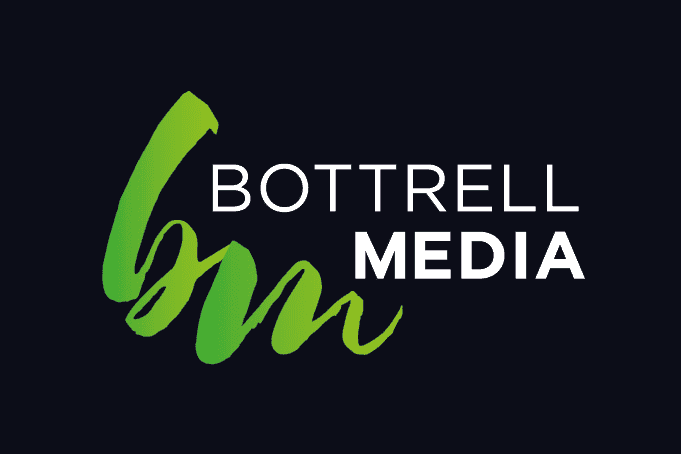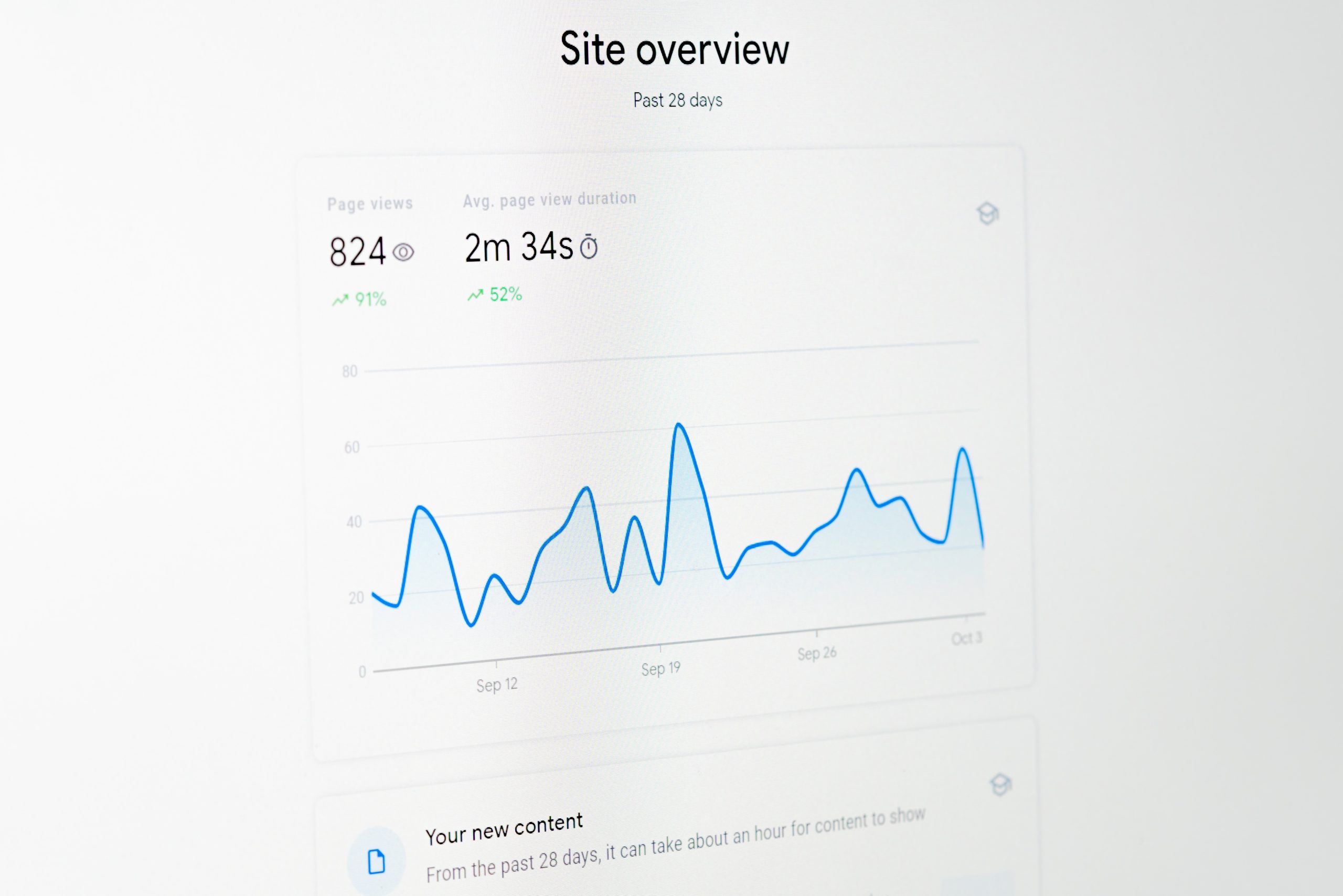Optimising your website is an essential part of improving its visibility and attracting more visitors. It involves various tools, techniques, and strategies aimed at making your website rank higher in search engines, like Google, and thus appear at the top of the search results when people search for keywords related to your business or industry. This is where Search Engine Optimization (SEO) comes into play.





